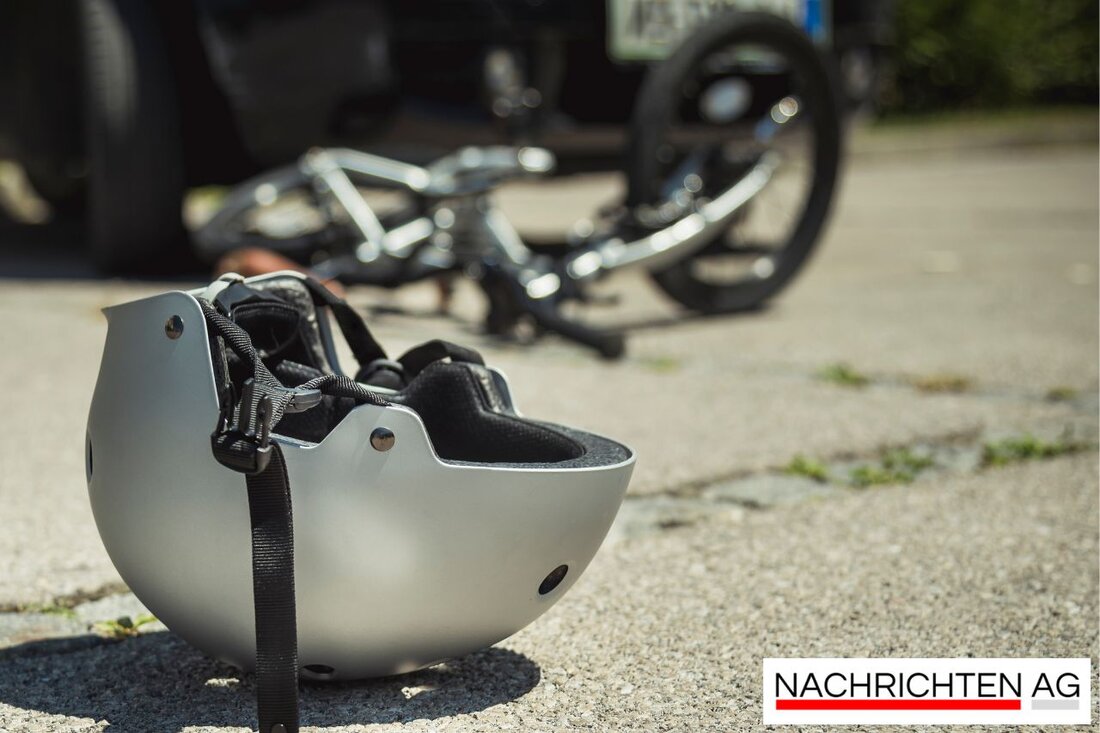Baden-Württemberg is accelerating cycling traffic: 1,400 kilometers of new cycle paths!
Baden-Württemberg promotes cycling: 1,400 km of new cycle paths by 2030. Heidelberg's RadKongress sets new standards.

Baden-Württemberg is accelerating cycling traffic: 1,400 kilometers of new cycle paths!
The topic of cycling has become more important in Baden-Württemberg. Minister Winfried Hermann opened the country's third cycling congress in Heidelberg today and made it clear that promoting cycling is no longer a niche topic. Around 800 kilometers of new cycle paths have been created since 2015, and a further 1,400 kilometers are expected to be added over the next six years. This specifically promotes an environmentally friendly and safe cycling culture that should reach both the city and the countryside. How baden-wuerttemberg.de reports, Mayor Eckart Würzner reiterated the importance of investing in safe cycling connections for the city of Heidelberg.
As part of the current LGVFG-RuF funding program, there are already over 1,000 municipal measures in the pipeline nationwide. The state government plans to invest over 1.1 billion euros in cycling over the next five years. Last year alone, around 90 million euros went into projects to improve the cycling infrastructure. An outstanding project is the Gneisenau Bridge in Heidelberg, which is considered the largest cycling infrastructure project in the country.
Nationwide promotion of cycling
The promotion of cycling is being promoted not only in Baden-Württemberg, but also at the federal level. Since 2021, states and municipalities have been able to apply for funding for cycling projects from the Federal Ministry of Transport. The special financial aid program “City and Country” was extended until 2030 and provides a total of around 1.9 billion euros. Around 180 million euros of this are planned for the 2025 budget. bmv.de highlights that over 3,500 measures have already been approved nationwide to promote cycling, especially in rural regions.
The supported measures are diverse: They range from the construction and expansion of cycle paths, to the construction of cycle streets and cycle parking garages, to concepts for optimizing traffic flow for cyclists. In addition, the measures are supported with up to 75 percent, with financially weak municipalities even receiving up to 90 percent subsidies. This creates targeted incentives to promote the use of bicycles as an attractive transport alternative.
Collaboration and creative approaches
Baden-Württemberg's implementation program for 2025-2030 is aimed at relieving the burden on municipalities and accelerating planning processes. The new framework agreements, which enable municipalities to commission planning services and bicycle parking facilities without complex tenders, are another step in the right direction. These measures were developed in close collaboration with municipalities and specialist institutions.
An additional highlight of the Cycling Congress was the awarding of the 2025 State Prize for Cycling Infrastructure. The cities of Heidelberg, Ludwigsburg, Eislingen, Achern and Kronau, among others, received awards from around 40 submitted projects. Minister Hermann praised the creative and planning quality of these projects and provided a further incentive for municipalities to actively strive for cycling projects.
The RadCongress impressively shows that the development and promotion of cycling infrastructure in Baden-Württemberg is on the right track. With continued consistent investments and creative approaches, it will be possible to strengthen and sustainably promote cycling culture.

 Suche
Suche
 Mein Konto
Mein Konto